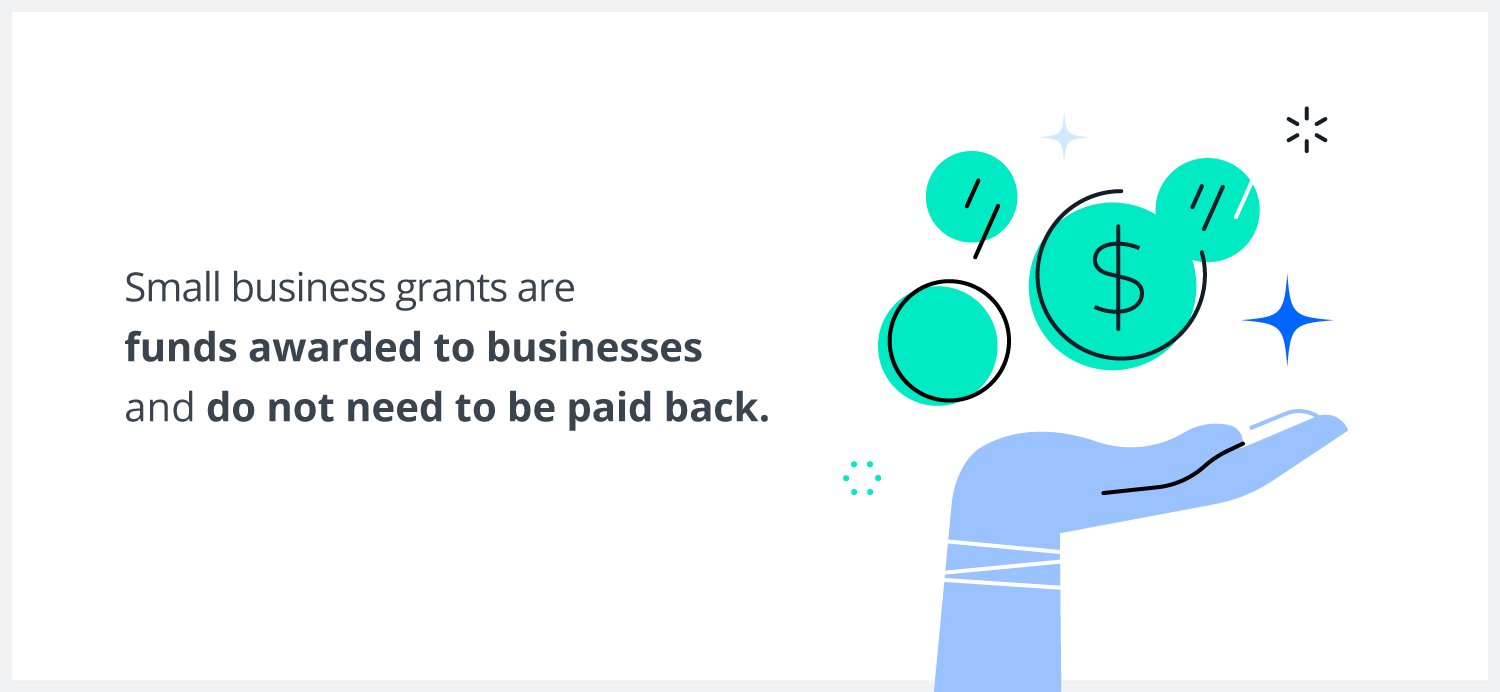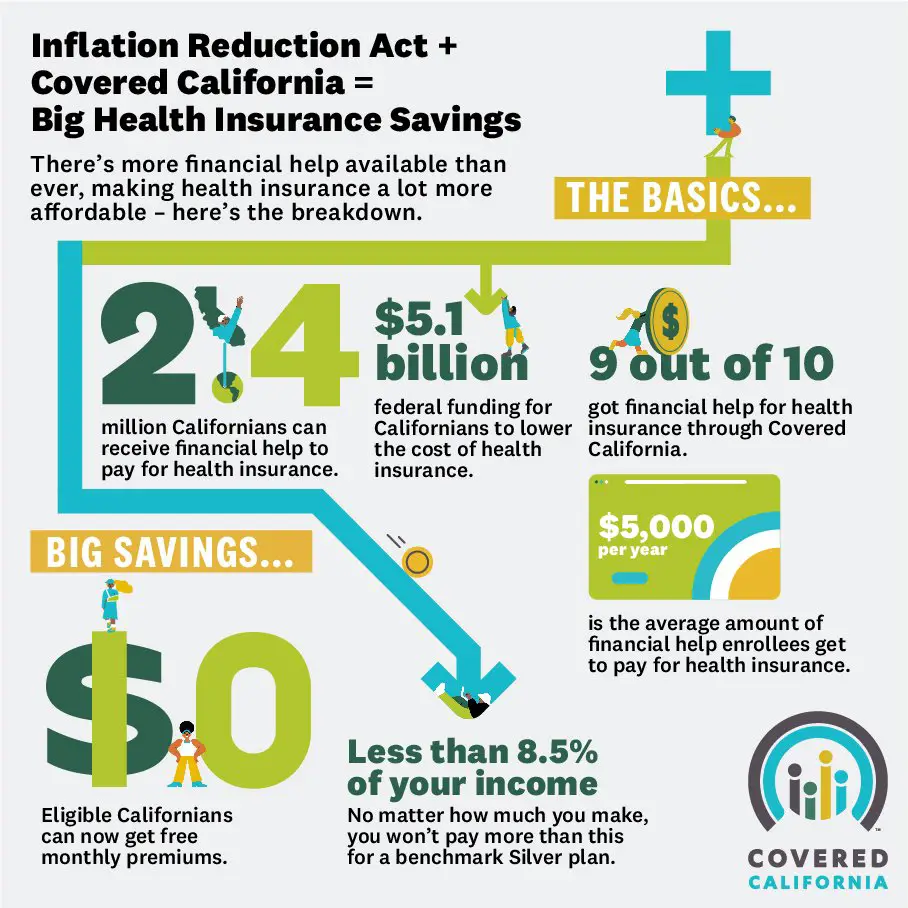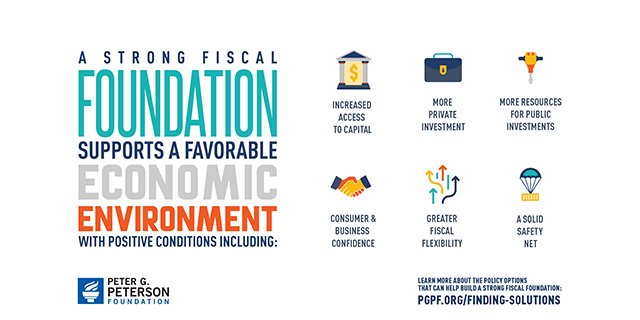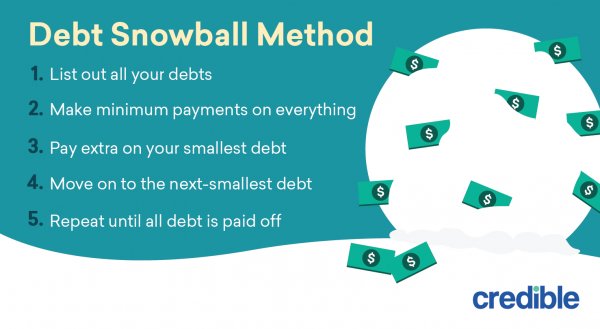Looking to secure funding for your small business? Wondering how to apply for a small business grant? Look no further! In this article, we’ll guide you through the step-by-step process of applying for a small business grant. Whether you’re just starting out or looking to expand, grants can be a valuable resource to fuel your entrepreneurial dreams. From finding the right grants to preparing a compelling application, we’ve got you covered. So, let’s dive in and explore how to apply for a small business grant that can help take your venture to new heights.
How to Apply for a Small Business Grant
Introduction
Starting and growing a small business can be a challenging endeavor, especially when it comes to securing the necessary funds. One option that can provide crucial financial support is applying for a small business grant. Small business grants are non-repayable funds provided by various organizations, including government agencies, foundations, and private entities, to help entrepreneurs achieve their goals. In this comprehensive guide, we will walk you through the step-by-step process of applying for a small business grant, providing valuable insights and tips along the way.
1. Research Eligibility Requirements
Before diving into the grant application process, it’s crucial to determine your eligibility for different grants. Eligibility requirements can vary depending on factors such as your business location, industry, size, and specific goals. Here’s how you can research eligibility requirements effectively:
1.1 Identify Grant Opportunities
Start by researching grant opportunities relevant to your small business. Look for grants offered by government agencies, nonprofit organizations, and private foundations. Numerous websites and databases aggregate grant opportunities, such as Grants.gov, Foundation Directory Online, and Small Business Administration (SBA) resources. Make a list of potential grants that align with your business objectives.
1.2 Read Grant Guidelines Carefully
Once you have identified potential grants, carefully read through their guidelines. Pay attention to eligibility criteria, deadlines, required documents, and any specific instructions provided. This step is crucial to ensure you are eligible and fully understand the application process for each grant.
1.3 Understand Eligibility Criteria
Thoroughly review the eligibility criteria for each grant opportunity. Check if your business meets the requirements related to factors such as location, industry, business size (e.g., small business, minority-owned business), and specific project or purpose. This will help you narrow down the grants for which you are most eligible.
2. Create a Strong Business Plan
Before applying for a small business grant, it’s essential to have a well-crafted business plan that outlines your company’s objectives, strategies, and financial projections. A solid business plan can demonstrate the feasibility and potential impact of your project to grant providers. Here’s how you can create a strong business plan:
2.1 Executive Summary
Start your business plan with an executive summary that provides an overview of your business, highlighting its unique value proposition and key goals. Keep it concise and compelling to grab the reader’s attention.
2.2 Company Description
Provide a detailed description of your company, including its legal structure, products or services, target market, and competitive advantage. Explain how your business addresses a specific need or gap in the market.
2.3 Market Analysis
Conduct thorough market research to understand your industry landscape, target audience, and competitors. Outline the market trends, customer demographics, and competitive analysis to showcase your market knowledge.
2.4 Products or Services
Describe your products or services in detail, emphasizing their unique features and benefits. Highlight how your offerings address customer demands and differentiate your business from competitors.
2.5 Marketing and Sales Strategy
Outline your marketing and sales strategies, including your pricing strategy, distribution channels, and promotional activities. Define your target market and explain how you plan to reach and attract customers.
2.6 Management and Operations
Introduce your management team and key personnel, highlighting their qualifications and expertise. Provide an overview of your operational processes, including facilities, technology, and suppliers.
2.7 Financial Projections
Include comprehensive financial projections, such as profit and loss statements, cash flow forecasts, and balance sheets. Present realistic and data-driven estimates to demonstrate your business’s financial viability.
3. Gather Required Documentation
When applying for a small business grant, you will generally need to provide specific documentation to support your application. Collecting these documents in advance will streamline the application process. Here are some commonly required documents:
3.1 Business Registration Documents
Most grants will require you to submit official business registration documents, such as your business license, articles of incorporation, or partnership agreements. Ensure these documents are up to date and accurate.
3.2 Tax Identification Numbers
You will likely need to provide your business’s tax identification numbers, such as your Employer Identification Number (EIN) or Social Security Number (SSN). Make sure to have these numbers readily available.
3.3 Financial Statements
Prepare your financial statements, including income statements, balance sheets, and cash flow statements. These documents demonstrate your business’s financial health and stability.
3.4 References and Recommendations
Some grants may require references or recommendations from clients, partners, or industry professionals. Identify individuals who can vouch for your business’s credibility and success.
3.5 Project Proposal
Craft a compelling project proposal that outlines your business’s specific objectives and how the grant will be utilized. Clearly articulate the expected outcomes and impact of your project.
4. Complete the Application
Once you have gathered all the necessary information and documentation, it’s time to complete the grant application. Approach this step with careful attention to detail and follow the provided guidelines. Here are some essential tips for completing the application:
4.1 Read Instructions Thoroughly
Before starting the application, read all instructions and guidelines carefully. Understand the format, word limits, and any specific requirements for attachments or supporting documents.
4.2 Use Clear and Concise Language
Write your responses in clear and concise language, avoiding jargon or technical terms that may confuse the evaluators. Clearly communicate your business’s goals, impact, and alignment with the grant’s purpose.
4.3 Provide Supporting Evidence
Back up your claims and statements with supporting evidence whenever possible. Include relevant data, testimonials, or case studies to strengthen your application’s credibility.
4.4 Proofread and Edit
Before submitting, thoroughly proofread your entire application. Check for grammatical errors, typos, and inconsistencies. Ask someone else to review it for a fresh perspective.
5. Follow Up and Track Progress
After submitting your small business grant application, it’s essential to follow up and track your progress. Here’s what you can do to stay informed and increase your chances of success:
5.1 Confirm Receipt
Within a few days of submitting your application, send a polite email to the grant provider or contact person to confirm receipt. This allows you to ensure your application has been received and is under review.
5.2 Maintain Communication
If the grant provider allows it, establish a professional and proactive communication channel. Keep them updated on any relevant developments or achievements related to your business.
5.3 Track Application Status
Regularly check the status of your application. Some grants may provide an online portal or contact information for inquiries. Avoid excessive follow-ups, but don’t hesitate to contact the provider if the application process extends beyond the communicated timeframe.
5.4 Seek Feedback
Whether your application is successful or not, consider seeking feedback from the grant provider. This feedback can help you improve future applications and understand areas of strength or weakness in your business proposal.
Applying for a small business grant can be a significant milestone in securing the financial resources needed to grow your entrepreneurial venture. By thoroughly researching eligibility requirements, preparing a strong business plan, gathering the required documentation, completing the application with care, and following up diligently, you can increase your chances of successfully obtaining a small business grant. Remember, grant application processes can be competitive, so put your best foot forward and showcase your business’s potential impact. Good luck with your small business grant application journey!
Every Way to Get Small Business Grants in 2022! [Local, State, and Federal Grants]
Frequently Asked Questions
Frequently Asked Questions (FAQs)
How can I apply for a small business grant?
To apply for a small business grant, you will need to follow these steps:
Can I apply for a small business grant if I have a sole proprietorship?
Yes, even if you have a sole proprietorship, you can still apply for a small business grant.
What documents do I need to apply for a small business grant?
The documents required for applying for a small business grant may vary depending on the specific grant program. However, generally, you will need to provide documents such as your business plan, financial statements, tax returns, and identification documents.
Are there any eligibility criteria for small business grants?
Yes, each grant program has its own eligibility criteria. Common criteria include being a registered business, meeting certain revenue thresholds, and operating in specific industries or regions. It is important to review the eligibility requirements of each grant program you are interested in.
Can I apply for multiple small business grants?
Yes, you can apply for multiple small business grants. However, keep in mind that each grant program may have its own application process and eligibility criteria.
How long does it take to receive a small business grant?
The processing time for small business grants can vary. It depends on factors such as the grant program, the number of applications, and the complexity of the evaluation process. It is recommended to check with the specific grant program for an estimated timeline.
What should I do if my small business grant application gets rejected?
If your small business grant application is rejected, you can try to identify the reasons for the rejection and address any shortcomings in your application. You can also explore other grant opportunities or consider seeking assistance from small business support organizations.
Can I use a small business grant for any purpose?
The specific purpose of a small business grant varies depending on the grant program. Some grants may have restrictions on how the funds can be used, such as for specific projects, equipment purchase, or hiring. It is important to review the guidelines of each grant program to understand the permitted uses of the grant funds.
Final Thoughts
In conclusion, securing a small business grant is a crucial step towards the success of your entrepreneurial venture. Start by identifying the suitable grants for your business needs and thoroughly research their requirements. Prepare a strong application by addressing all the necessary areas such as your business plan, financial projections, impact on the community, and your qualifications. Ensure that your application stands out by highlighting your unique selling points and demonstrating why your business deserves the grant. Finally, follow up on your application and stay persistent in pursuing funding opportunities. By following these steps, you can increase your chances of successfully applying for a small business grant.



